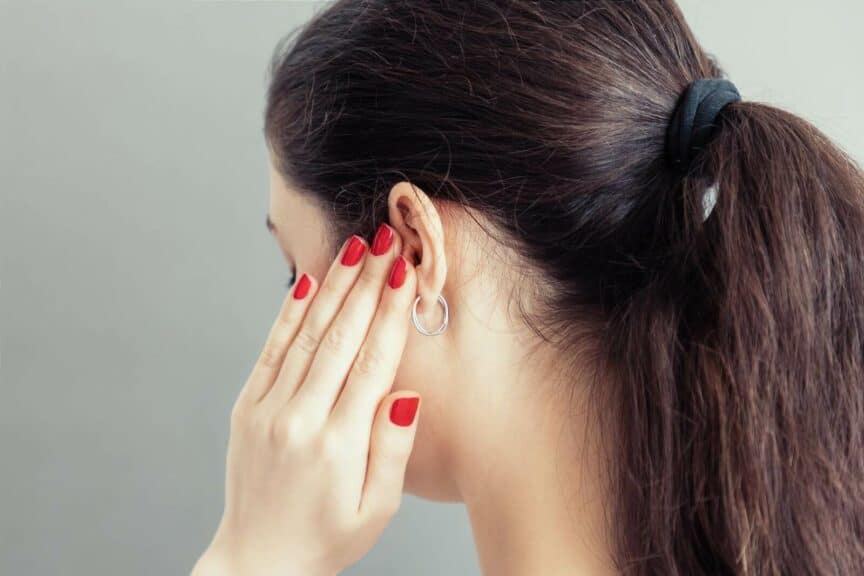Balance is a crucial aspect of our physical safety, allowing us to maintain a stable posture and move around without falling. However, as we age, the risk of falls and accidents increases. According to the Centers for Disease Control and Prevention (CDC), falls are the leading cause of injury-related deaths among older adults, and one in four older adults falls each year.
The Role of Ears in the Balance System: An Analogy
Our ears play a vital role in maintaining our balance. Imagine you’re on a ship in the middle of a stormy sea. The ship is tossing and turning, and you’re trying to keep your balance. Your ears act as a compass, helping you navigate the unstable waters and stay upright. The inner ear, specifically, contains a system of fluid-filled canals called the vestibular system, which helps us sense changes in head position and movement.
How impaired balance can lead to more falls and accidents
Our balance plays a critical role in our risk of falls and accidents. When our balance is impaired, we are more likely to lose our footing, stumble, or fall. Our ability to balance is essential to maintaining a stable posture and moving around without falling. It is also important for our ability to perform daily activities, such as walking, climbing stairs, and reaching for objects.
When the vestibular system is not functioning properly, it can lead to balance disorders, such as dizziness, vertigo, and unsteadiness. These symptoms can make it difficult to perform daily activities and can increase the risk of falls.
Age is also a significant factor in our risk of falls and accidents. As we get older, our risk of falls and accidents increases. This is due to the natural aging process, which can lead to changes in our vision, muscle strength, and coordination. It is also due to the increased likelihood of developing chronic medical conditions, such as arthritis, diabetes, and heart disease, which can affect our balance.
Overall, maintaining good balance is essential for our safety, and it is important to take steps to preserve our balance, such as regular exercise, good nutrition, and treating any underlying medical conditions. It is also important to be aware of the risks of falls and accidents as we age, and to take steps to prevent them, such as removing tripping hazards in the home, and using assistive devices like canes or walkers if needed.
How hearing loss affects balance
Hearing loss can also affect our balance, as it can make it more difficult to hear and respond to our environment, leading to confusion and difficulty with spatial orientation. When we can’t hear well, we rely more heavily on our other senses, like vision, to navigate the world around us. This can put extra strain on the visual system, leading to confusion and difficulty with spatial orientation. Additionally, when the inner ear is damaged, it can disrupt the signals sent to the brain, making it harder to maintain balance. Additionally, when the inner ear is damaged, it can disrupt the signals sent to the brain, making it harder to maintain balance.
Common Causes of Hearing Loss
There are many causes of hearing loss, including age, exposure to loud noise, certain medications, and genetics. However, in recent years, there has been an increase in cases of hearing loss caused by prolonged use of personal audio devices, such as smartphones and headphones.
Maintaining good hearing is essential for our balance and safety. It is important to be aware of the risks of falls and accidents as we age, and to take steps to preserve our hearing and prevent hearing loss. With early treatment, we can continue to enjoy all that life has to offer. We encourage you to schedule a consultation with our hearing practice and get your hearing tested. Don’t let hearing loss keep you from enjoying the important things in life.

